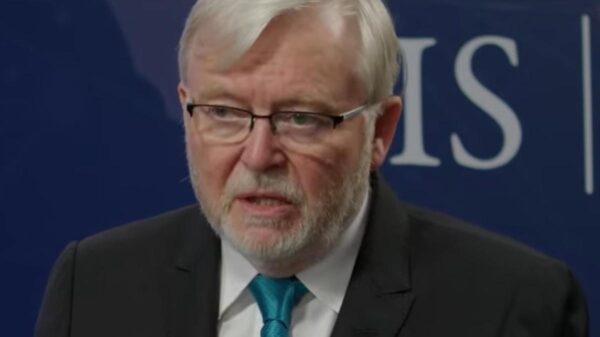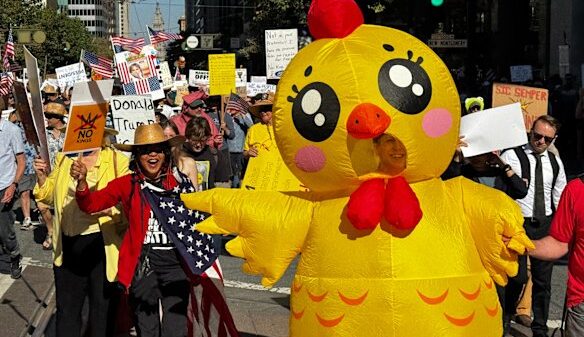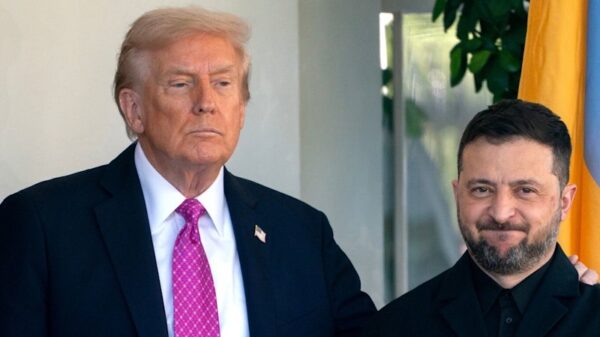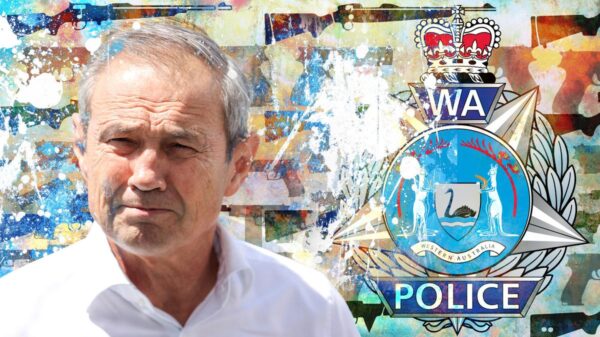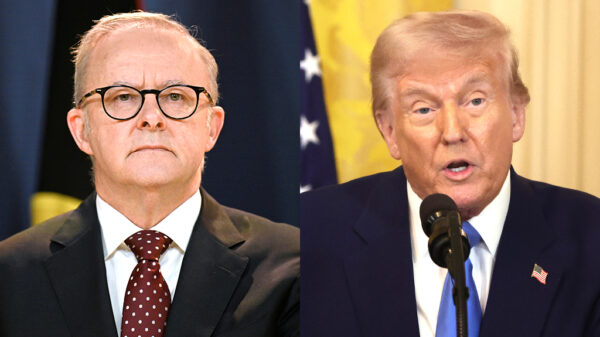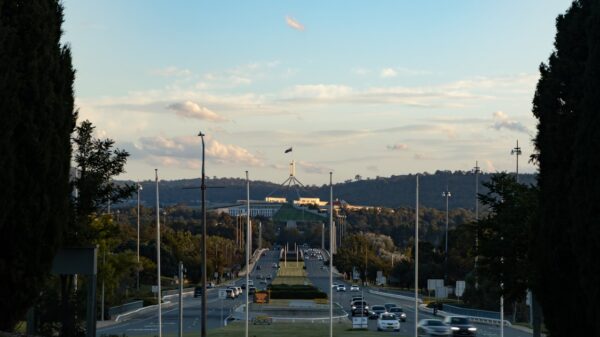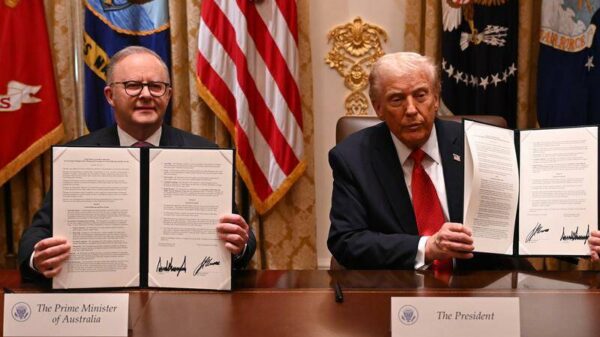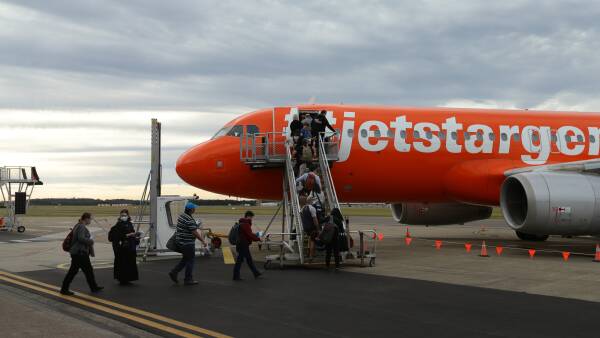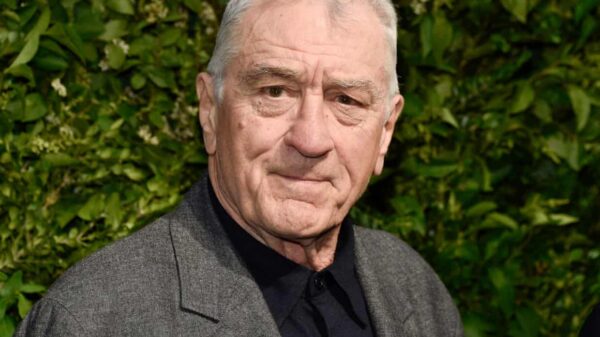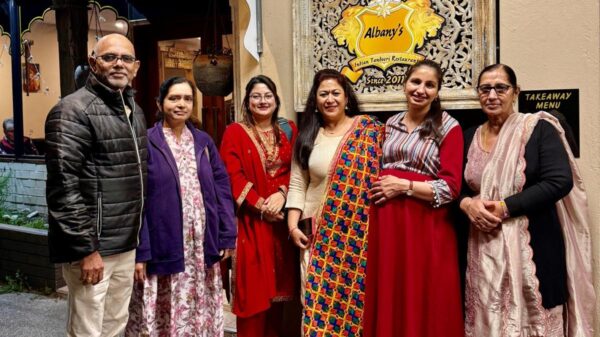Four new short films will be showcased at the Jewish International Film Festival (JIFF), exploring life in Australia following the events of October 7, 2023. This initiative stems from the 2025 Short Film Fund, which recently announced the largest grant pool in its history, amounting to $30,000. The fund, in collaboration with the Jewish Australian Screen Fund (JASF), aims to support innovative narratives reflecting on the significant changes experienced during this period.
In April 2023, Jamie Bialkower, JASF director, expressed excitement about the creative interpretations from filmmakers. “Now is the time to amplify new Jewish Australian voices who are using the medium of cinema to capture both an individual and collective response to the events we are living through,” he noted. Each of the four films selected brings a distinct style and viewpoint, yet they collectively engage in a dialogue, presenting a complex and thought-provoking examination of current realities.
Film Highlights and Themes
The films include:
– **The Promised Land**, directed by Adam Dostalek, which grapples with the conflict directly, posing challenging questions about sacrifice.
– **Mezuzah Man**, under the direction of Jacob Melamed, serves as a caution against trivializing antisemitism.
– **Crumbs**, directed by inaugural winner Anita Lester, offers a heartfelt homage to a Melbourne bakery, highlighting various encounters within its walls.
– **Shpatzir**, created by Benjamin Levitt and David McKinnar, explores a man’s unexpected journey toward connecting with his Judaism.
Aside from **Mezuzah Man**, all films will make their world premieres at JIFF.
Bialkower emphasized the importance of tonal balance in the films, acknowledging that the theme led to many submissions being on the heavier side. Nevertheless, he found it refreshing to see darkly humorous and poignant interpretations emerge. “Ultimately, we wanted the winners to have total creative freedom to pursue their visions,” he said.
Significance of the Films
Bialkower highlighted that these films represent a significant acknowledgment of the impact of October 7. “The four films are the first in the entire Australian narrative screen sector to respond in any capacity to October 7. There has been no support from government or cultural funding bodies. Having these films exist is an acknowledgment in itself – we’ve captured this, on the record, with no agenda other than to have our voices heard,” he explained.
The directors will participate in a Q&A session following screenings at Classic Cinemas on October 26 and at Randwick Ritz on October 30. For more information and ticket bookings, interested viewers can visit the festival’s official site at jiff.com.au.







